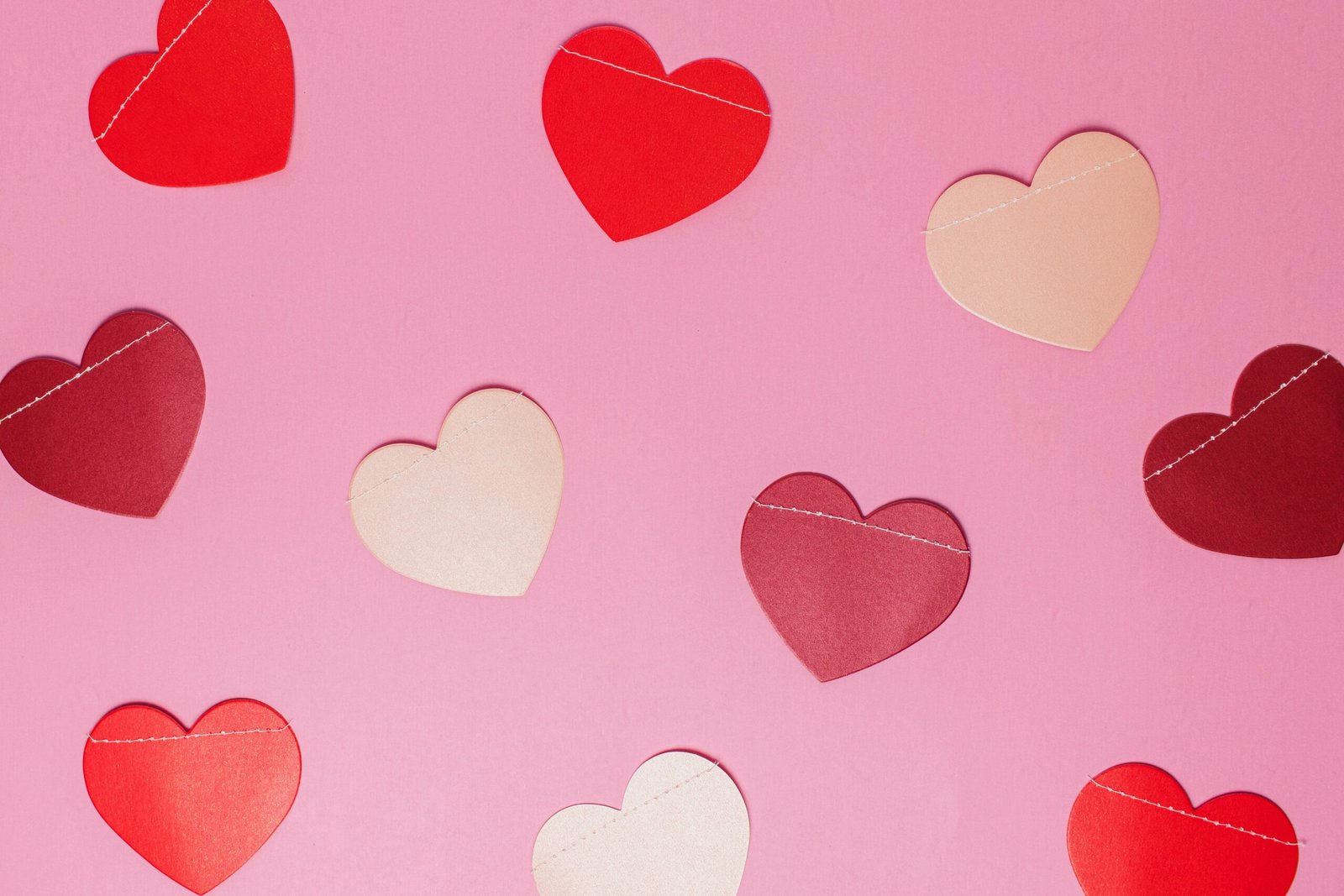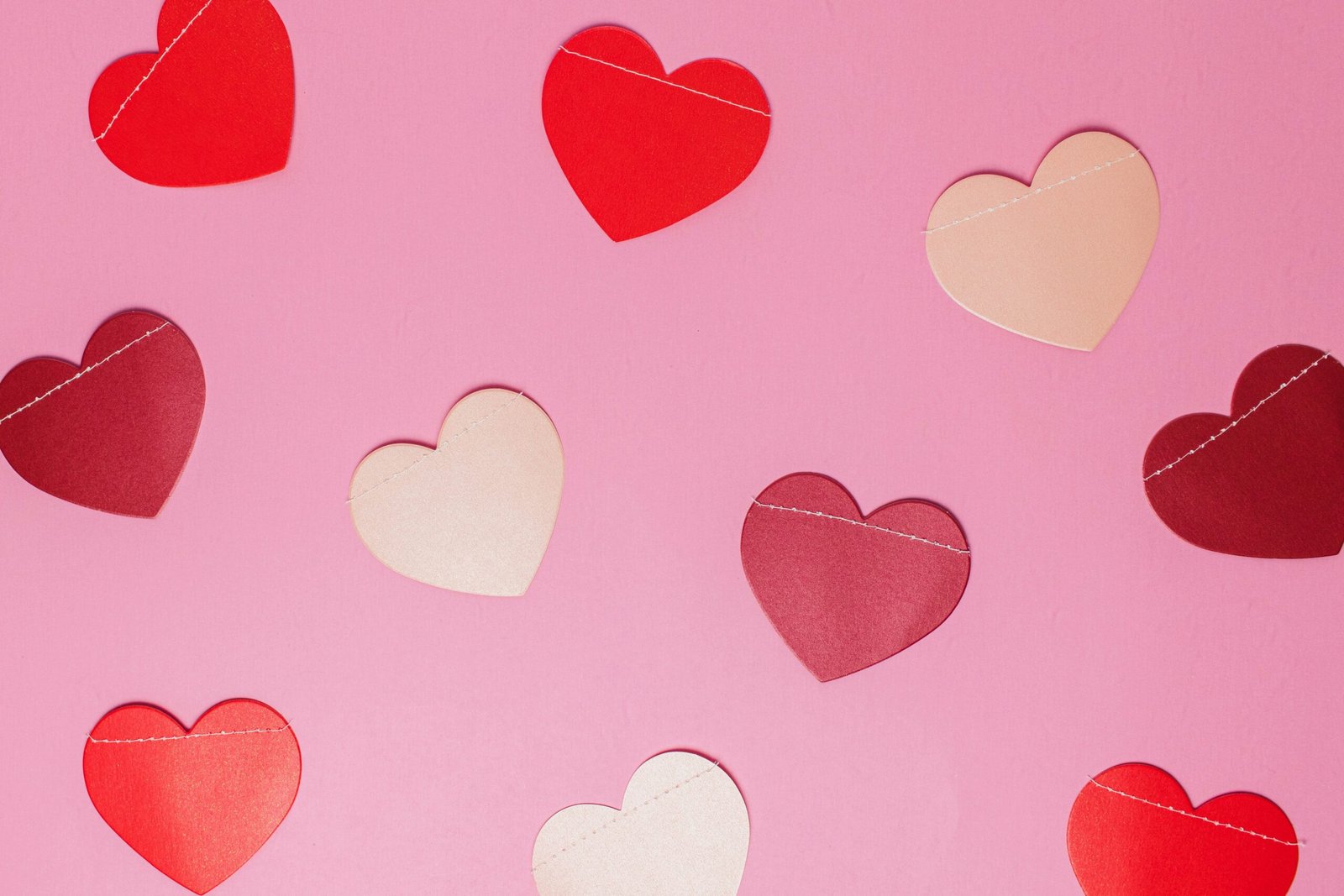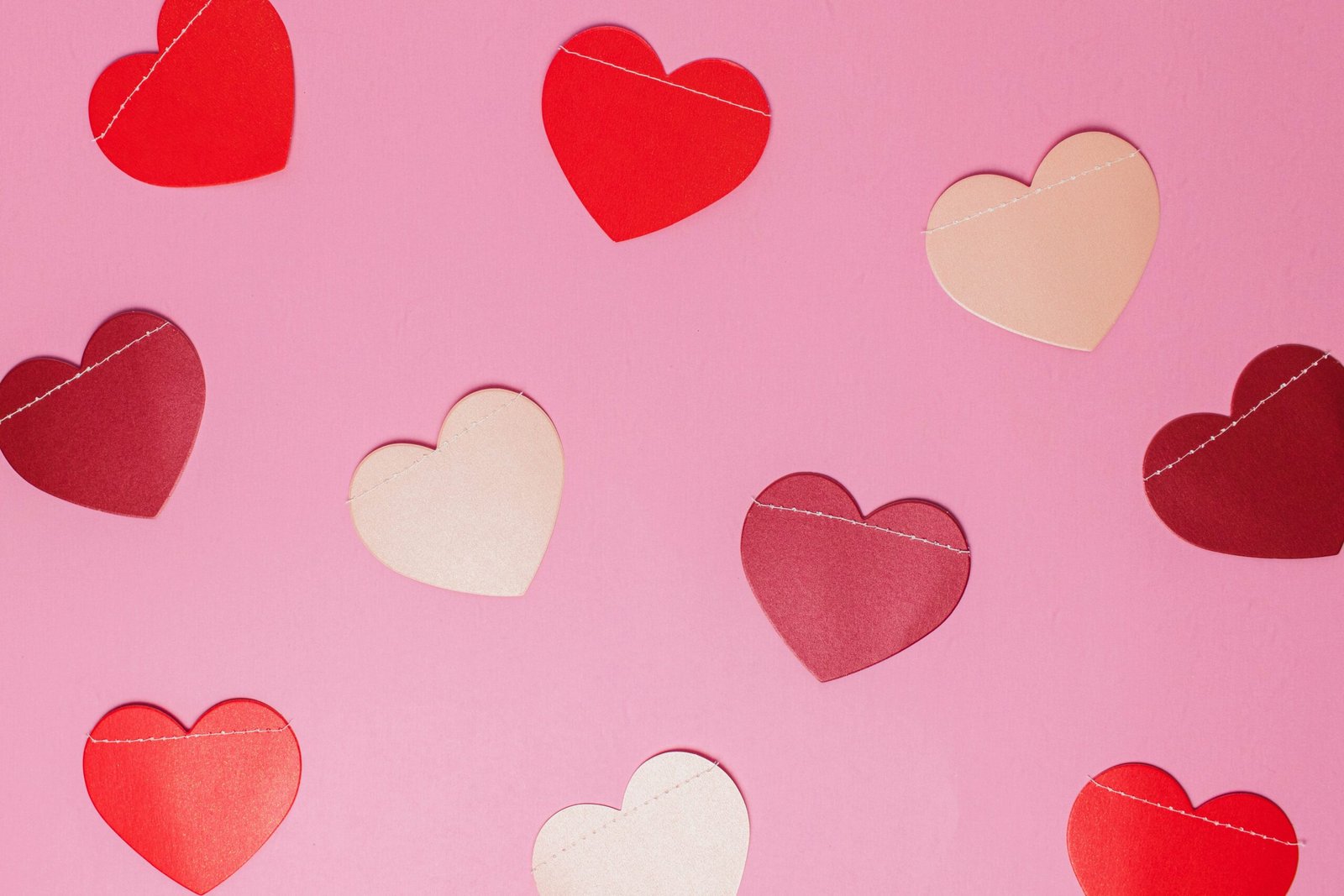The Chemistry of Love: What Happens to Your Body on Valentine’s Day

Valentine’s Day, the celebration of love and affection, is a day when our hearts flutter, our cheeks blush, and our emotions run wild. But have you ever wondered what’s happening inside your body that makes you feel so love-struck on this special day? It turns out, there’s a fascinating chemistry behind the emotions we experience when we’re in love. In this article, we’ll explore the intricate chemistry of love and what happens to your body on Valentine’s Day.
1. The Brain’s Love Cocktail: Dopamine and More
The brain plays a central role in the chemistry of love, orchestrating a symphony of neurotransmitters and hormones. One of the key players in this orchestra is dopamine, often referred to as the “feel-good” neurotransmitter. When you’re in love, your brain releases a surge of dopamine, leading to feelings of pleasure, reward, and euphoria.
2. The Love Hormone: Oxytocin
Oxytocin, often called the “love hormone” or “bonding hormone,” is released in abundance when we experience love, both in romantic relationships and through physical affection. It’s the hormone responsible for creating a sense of emotional intimacy and trust between individuals. Hugging, cuddling, and physical touch on Valentine’s Day can lead to an oxytocin rush, making you feel more connected to your partner.
3. Adrenaline Rush: The Excitement of Love
Love can be an exhilarating adventure, and adrenaline plays a part in this excitement. When you’re in love, your body may experience an adrenaline rush, leading to increased heart rate, heightened alertness, and a sense of thrill. It’s that jittery feeling you get when you’re about to see your beloved.
4. Heartfelt Love: The Physical Impact on Your Heart
Your heart is more than just a symbol of love; it’s also directly affected by your feelings. The emotions associated with love can lead to physical changes in your heart rate and blood pressure. When you’re near someone you love, your heart rate may increase, and this can cause your cheeks to flush, contributing to that romantic glow.
5. Cortisol: Love’s Stress Hormone
Interestingly, even though love is associated with feelings of happiness and joy, it can also induce stress. When you’re in love, your body may release the stress hormone cortisol. This is why you might feel a mix of excitement and anxiety, especially during the early stages of a romantic relationship.
6. The Power of Serotonin: Mood and Well-being
Serotonin, another neurotransmitter, plays a role in regulating mood and well-being. Being in love can lead to increased serotonin levels, contributing to feelings of contentment and happiness. It’s no wonder that love can make you feel like you’re on cloud nine.
7. Love’s Impact on the Senses
Love can enhance your sensory experiences, making everything seem more vibrant and alive. Your sense of smell, taste, touch, and even hearing can become more acute when you’re in love. This heightened sensory awareness can lead to more enjoyable and memorable experiences on Valentine’s Day, such as savoring the aroma of a delicious meal or feeling the warmth of your partner’s touch.
8. The Immune System Boost
Believe it or not, love can also have a positive impact on your immune system. Research suggests that individuals in loving, supportive relationships may have stronger immune responses, making them less susceptible to illness. So, spending quality time with your loved one on Valentine’s Day may actually be good for your health!
9. The Long-Term Benefits of Love
While Valentine’s Day is a day of celebration, the chemistry of love isn’t limited to just one day. Long-term, loving relationships have been associated with numerous health benefits, including reduced stress, lower blood pressure, improved mental health, and a longer lifespan. The emotional support and companionship that love provides can have a lasting impact on your overall well-being.
10. Love and Its Healing Touch
The chemistry of love goes beyond the physical and emotional benefits. Love has the power to heal, both mentally and physically. Being in a loving relationship can provide comfort and support during challenging times, and it can even help in the recovery process from illness or injury.
Conclusion: Love’s Magical Chemistry
As you celebrate Valentine’s Day with your loved one, remember that the chemistry of love is a complex and beautiful phenomenon. It involves a symphony of neurotransmitters and hormones, leading to feelings of pleasure, connection, and excitement. So, when your heart races, your cheeks flush, and you feel a rush of emotions on Valentine’s Day, know that it’s all a part of the magical chemistry of love. Embrace the joy, connection, and well-being that love brings to your life, not just on this special day, but every day.



